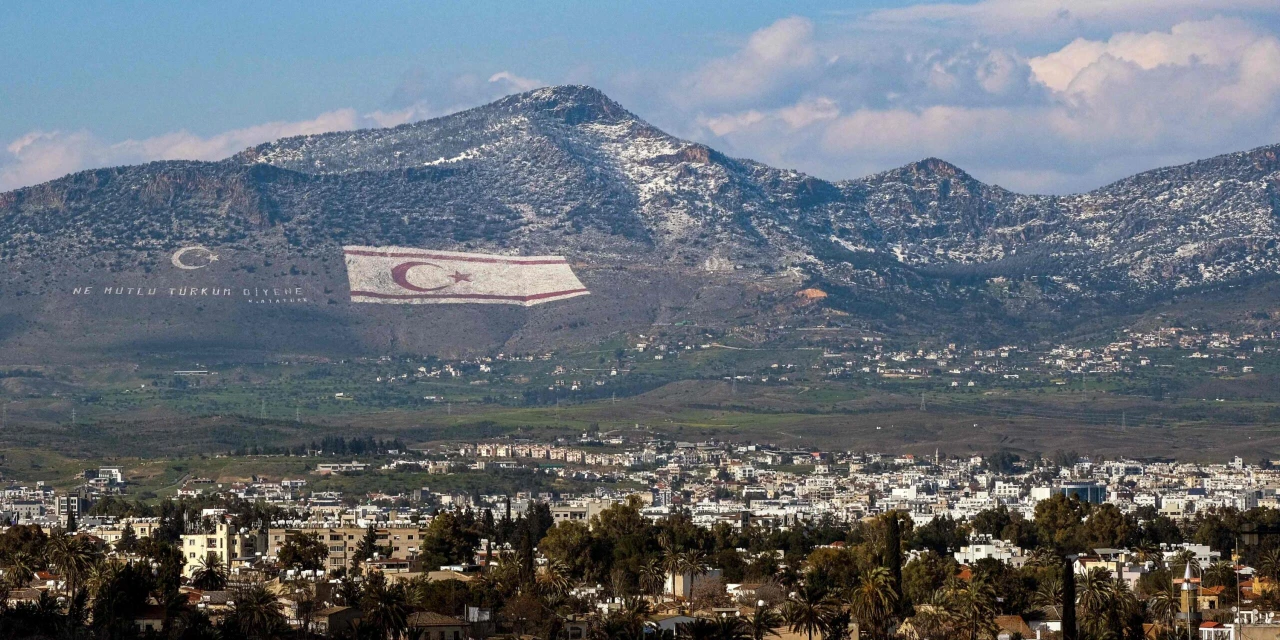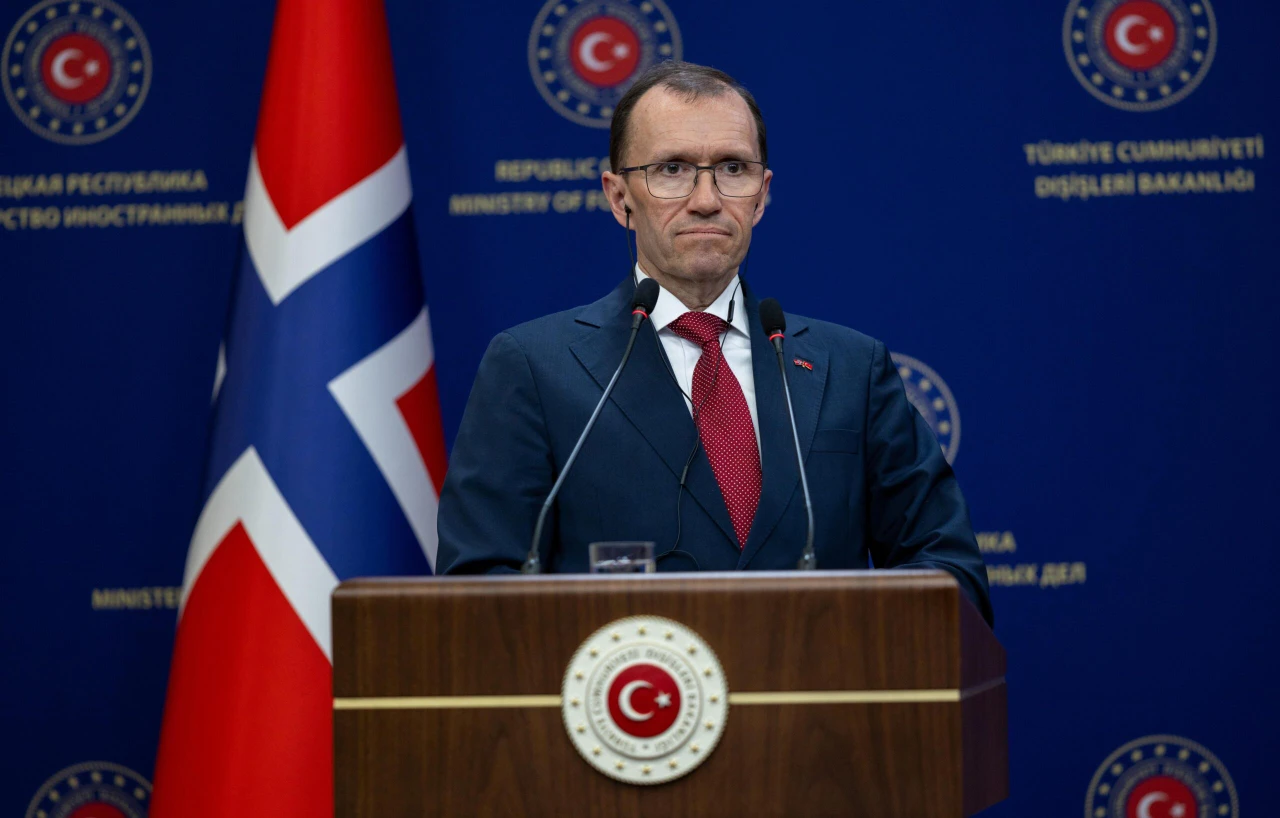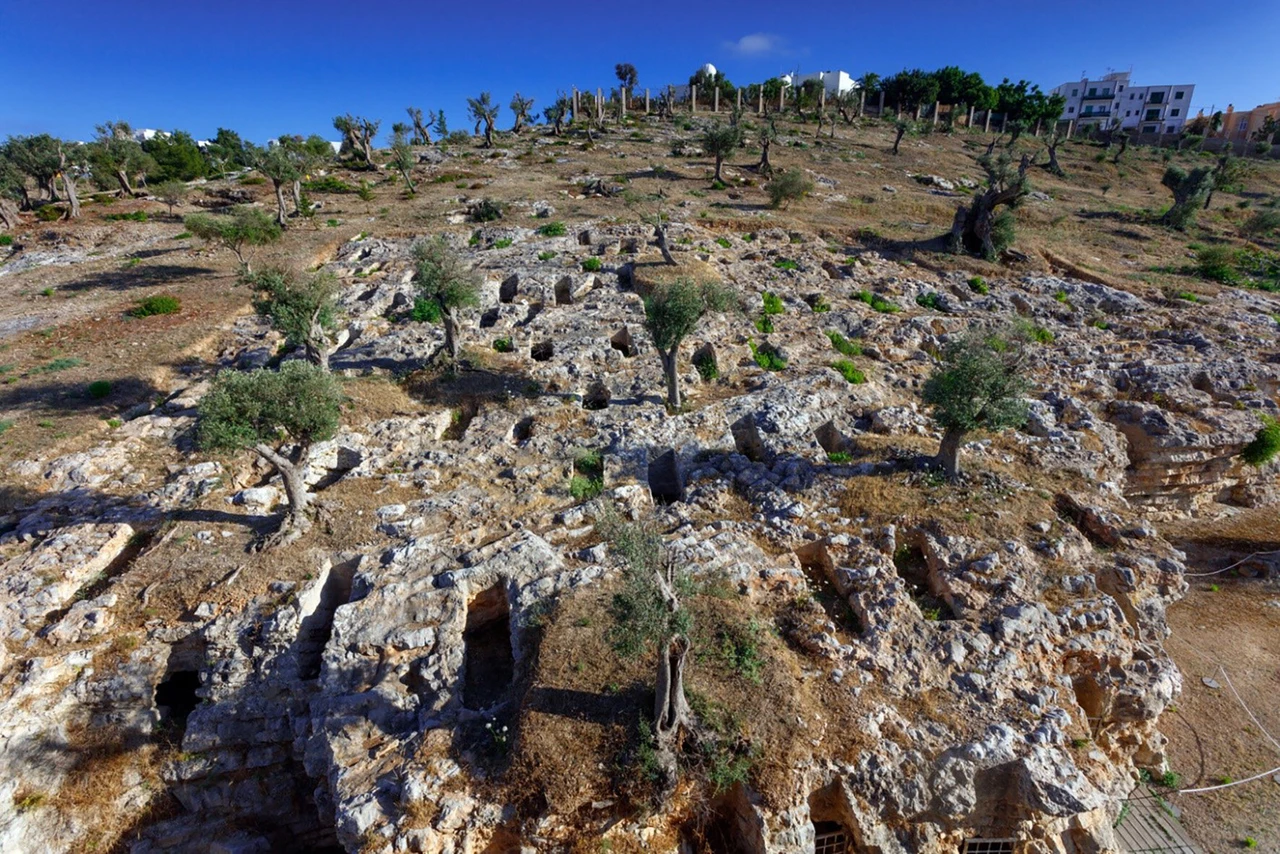Massive protests erupt in Belgrade against Rio Tinto’s controversial lithium project
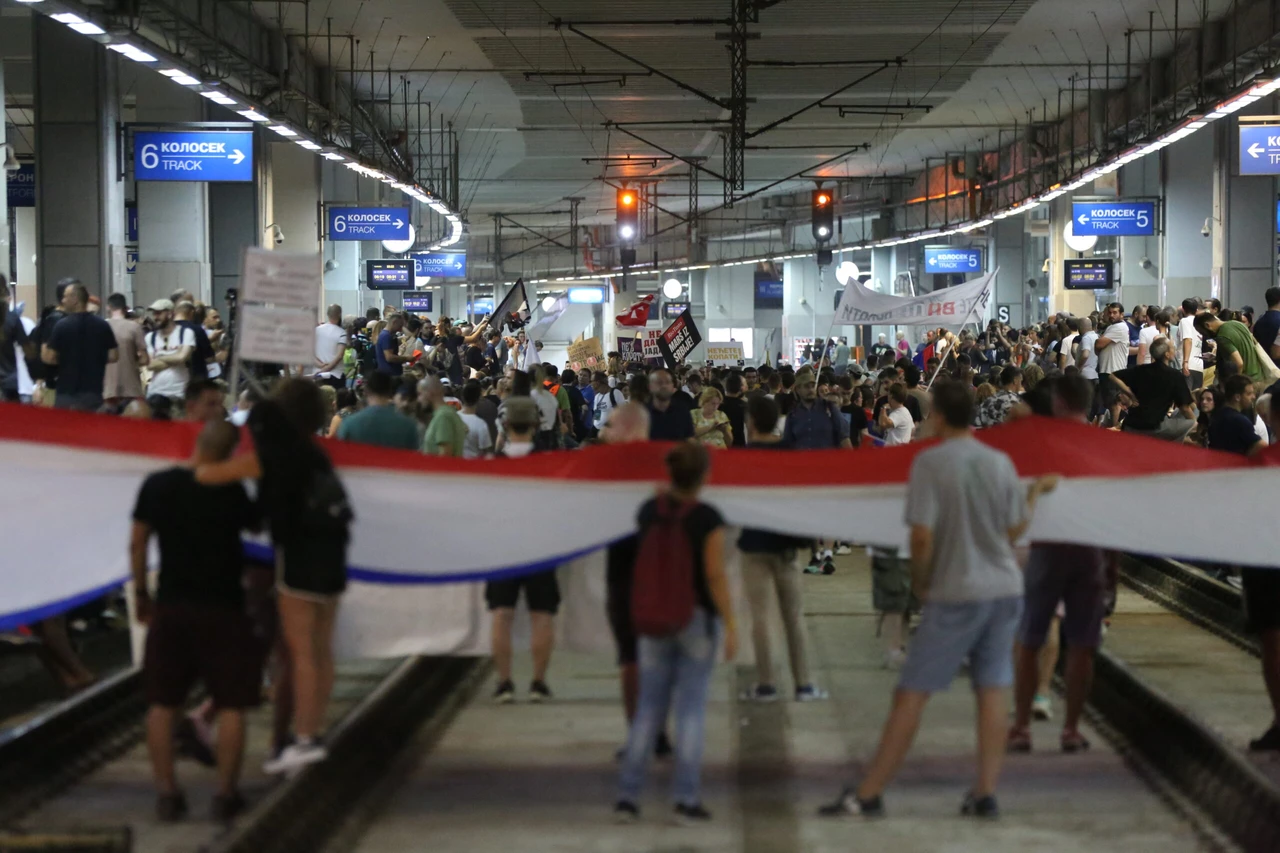 Thousands of protesters gathered in Belgrade to protest against the lithium mining project in Belgrade, Serbia on August 10, 2024. (AA Photo)
Thousands of protesters gathered in Belgrade to protest against the lithium mining project in Belgrade, Serbia on August 10, 2024. (AA Photo)
Tens of thousands of protesters gathered in central Belgrade on Saturday to demand the halt of Rio Tinto’s controversial lithium project in Western Serbia. Concerns over potential environmental damage, particularly to nearby land and water sources, have fueled widespread opposition.
Chanting slogans like “You will not dig” and “Rio Tinto leave Serbia,” the protesters filled the streets leading to Terazije Square, waving Serbian flags. The demonstration follows Serbia’s recent decision to reinstate Rio Tinto’s license to develop what could become Europe’s largest lithium mine, a move that has sparked nationwide protests.
Zlatko Kokanovic, a protest leader and farmer from the Jadar region where the mine is planned, urged demonstrators to block two major train stations in Belgrade. Protesters are demanding a ban on the exploration and exploitation of lithium, a deadline for which expired on Saturday.


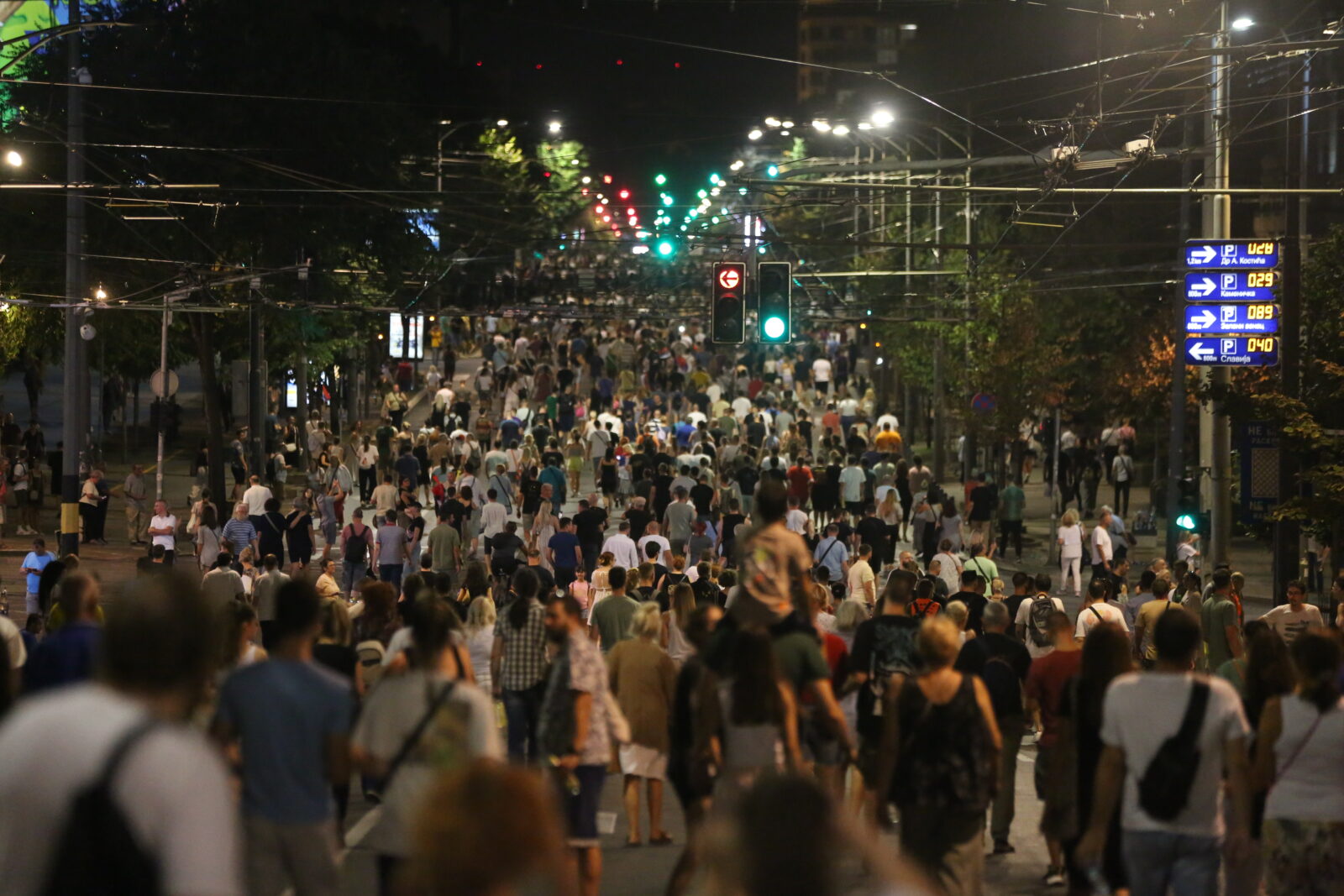
‘This is not about politics’
While Serbian government officials argue that the protests are politically motivated and aimed at toppling President Aleksandar Vucic’s administration, environmentalists maintain that the mine poses a significant threat to agricultural land.
Earlier, Vucic said he had been informed by Russian intelligence services that a “mass uprising and coup d’etat” was being prepared in Serbia by unnamed Western powers seeking to remove him from power.
Mica Miliovanović, a 63-year-old worker, stated, “This does not have anything to do with politics. The mine cannot be built on agricultural land.”
The Jadar lithium project, valued at $2.4 billion, is projected to meet 90% of Europe’s current lithium needs, positioning Rio Tinto as a leading global lithium producer. Lithium is a critical component in batteries for electric vehicles and mobile devices.
Government officials, including Vice Premier Aleksandar Vulin, have expressed concerns over potential unrest, citing information from Russia about a possible coup attempt in Serbia. Despite these concerns, the Serbian government views the lithium mine as a significant boost to the nation’s economy.
The project also aligns with a July 19 agreement between Vucic, German Chancellor Olaf Scholz, and EU Energy Commissioner Maroš Šefčovič. The deal grants EU member state producers access to raw materials mined in Serbia, including lithium, as part of efforts to reduce the EU’s reliance on imports from America and Asia.

